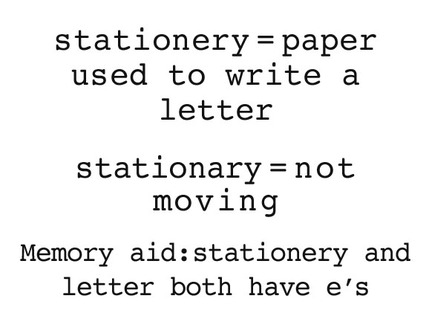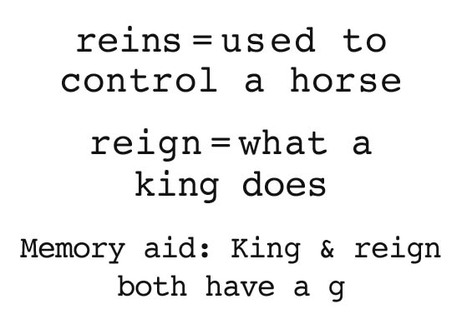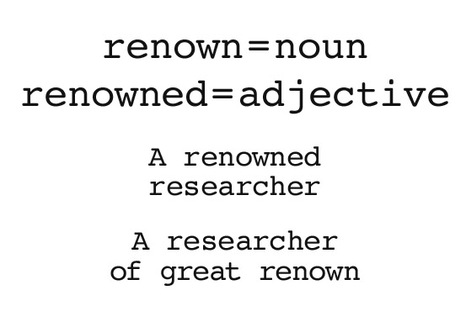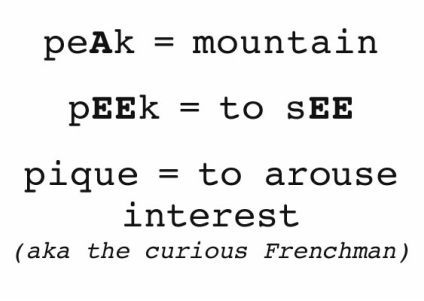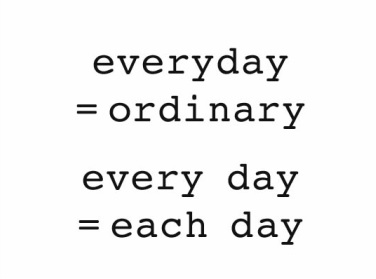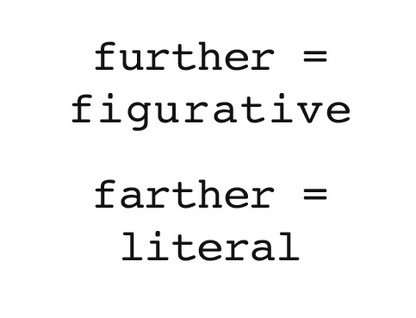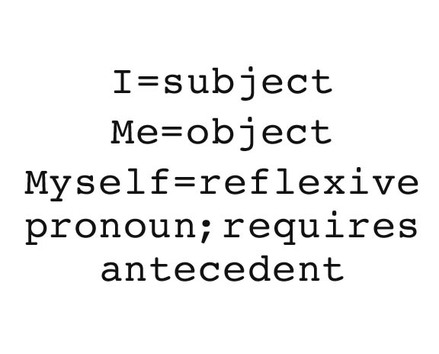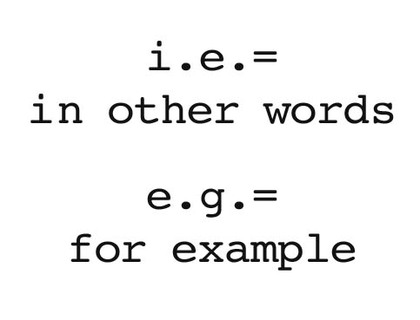Stationery — with an e — is paper used for writing.
Stationary — with an a — is something that is not moving.
For an easy memory aid, I like to relate the e in stationery with the e (or e's) in letter. You could also tell yourself the a in stationary stands for the a in "at rest."
Do you have a better memory aid for distinguishing between these two words? If so, please share your thoughts in the comments.
